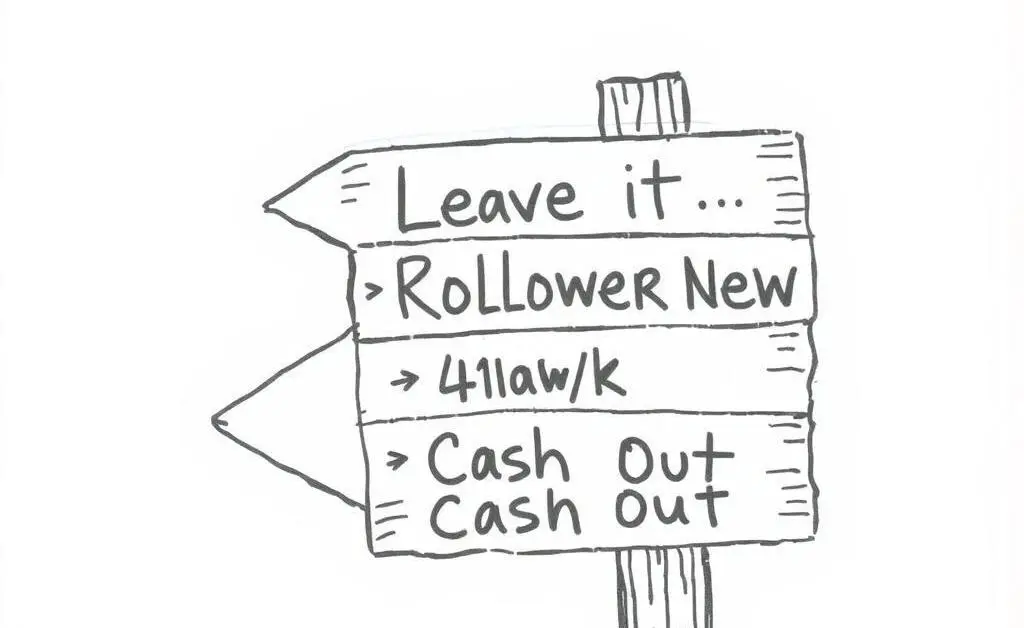Navigating the 401(k) Rollover: A Friendly Guide to Your Investment Options
Discover your 401(k) rollover options and make confident financial decisions.

If you've recently changed jobs, congratulations! It's an exciting time, but it might come with a question that many of us face: "What should I do with my old 401(k)?" Whether this is your first time dealing with a retirement account or just the latest in your financial adventures, let's break down your options without any intimidating jargon.
Understanding Your 401(k) Rollover Options
There are a few common paths when it comes to handling your old 401(k). Each choice has its own set of benefits and challenges. Here’s a simple rundown:

Leave it with Your Old Employer
This can be the easiest option if you like set-and-forget solutions. If your previous employer allows you to keep your funds in their plan, it might be a good choice to consider if the fees are low and the investment options suit your goals.
Rollover to Your New Employer's Plan
Combining accounts can make managing your money more straightforward. Check if your new employer's plan accepts rollovers and compare the fees and investment choices offered there.
Rollover to an IRA
This option often provides more control over your investments. Individual Retirement Accounts (IRAs) have a vast array of investment options. It's an appealing choice for those who like to tailor-make their investment strategy. Just be aware of potential fees.
Cash It Out
While cashing out may be tempting (who doesn't like instant cash?), it's usually not advisable. The taxes and penalties can be steep, not to mention you'll lose the tax-advantaged growth for your future retirement.

Making the Right Decision for Your Financial Future
Ultimately, the best option depends on your personal financial goals, the plans available to you, and how hands-on you'd like to be with your investments. It might help to consult a financial advisor who can provide personalized advice based on your unique situation.
Final Thoughts
Deciding what to do with an old 401(k) can seem overwhelming, but remember, it's a step along your financial journey. Each decision shapes your path to retirement, so give it the thought it deserves. Have you been through this before? I'd love to hear about your approach to managing old 401(k)s in the comments below.




